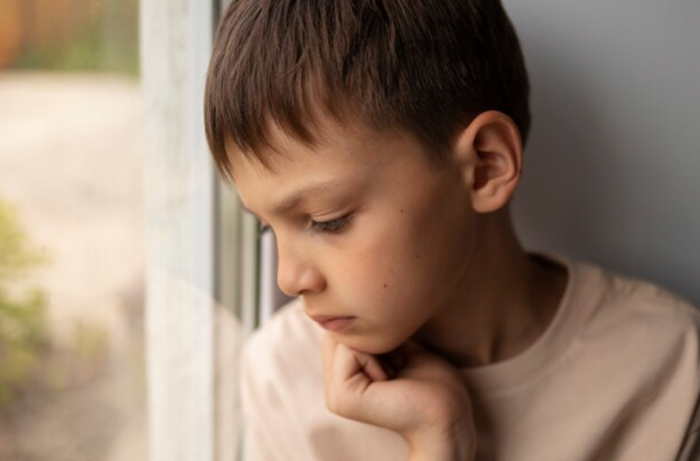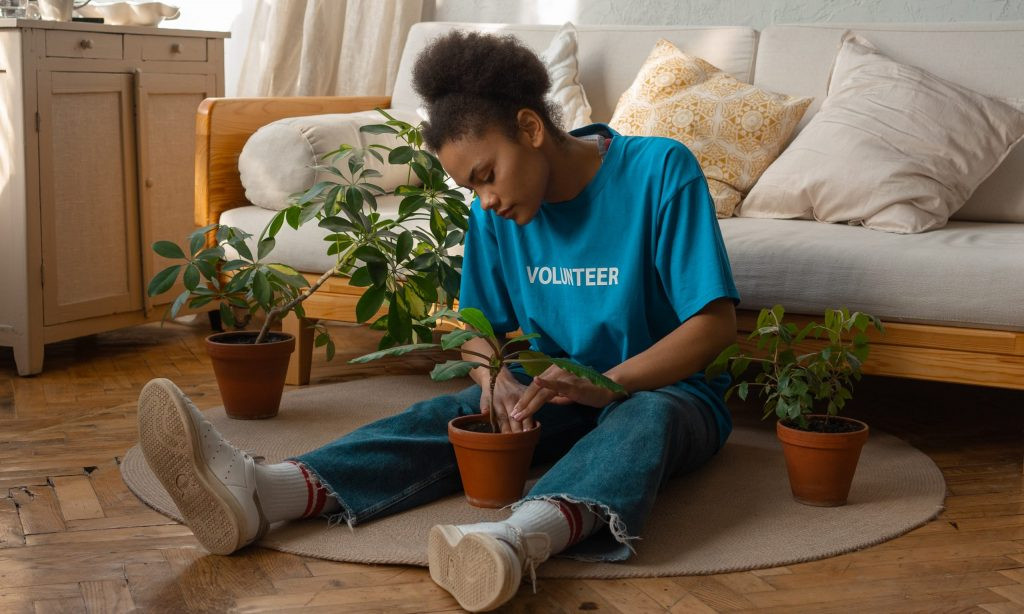Ever heard the saying, “Sticks and stones may break my bones, but words will never hurt me”? Turns out, that is not entirely true. Words have a powerful impact, especially when they are used to hurt and belittle. This is what we call verbal abuse, and it’s a serious issue, especially when it comes to kids.
Understanding Verbal Abuse
Verbal abuse isn’t just about yelling or screaming; it’s a whole range of hurtful behaviors, like constant criticism, insults, and threats. And it often happens behind closed doors, where nobody else can see or hear.
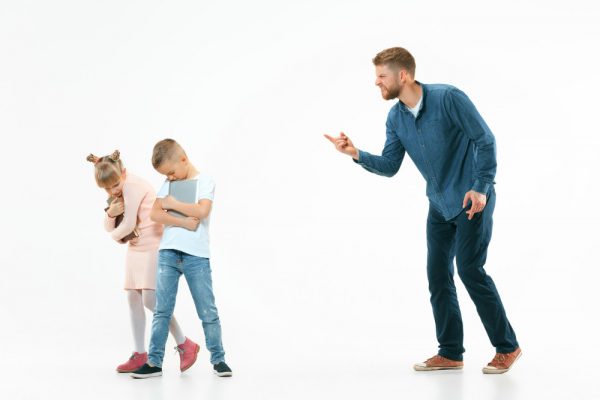
These are some examples of how parents may verbally abuse their children:
- Constantly criticizing or belittling their child’s abilities, appearance, or behavior.
- Using derogatory or demeaning language, such as calling the child names or insulting their character.
- Threatening the child with physical harm, punishment, or abandonment.
- Blaming the child for problems within the family or for the parent’s own emotions.
- Denying the child’s feelings or experiences, dismissing their concerns, or gaslighting.
- Ignoring or withholding affection, attention, or communication as a form of punishment or control.
- Publicly humiliating the child or making them feel ashamed or embarrassed.
- Controlling the child’s social interactions, isolating them from friends or support systems.
- Manipulating the child’s emotions or behavior through guilt-tripping or emotional blackmail.
- Withholding expressions of love, approval, or acceptance, making the child feel unloved or unworthy.
It’s important to remember that verbal abuse can take many forms and may not always be obvious. Recognizing these behaviors is the first step in addressing and preventing verbal abuse in families.
How Common Is It?
You might be surprised to learn just how common verbal abuse is. Kids from all backgrounds and walks of life can experience it, whether they are rich or poor, black or white, or anything in between. Sometimes, it’s parents or caregivers who dish out the hurtful words, making home a place of fear instead of safety.
The Impact on Kids
The scars of verbal abuse run deep, affecting not only a child’s emotional well-being but also their future relationships and self-perception. From low self-esteem to anxiety and depression, the impacts can manifest in myriad ways, casting a shadow over a child’s development and happiness. Continue reading to find out signs that tell a child is verbally abused.
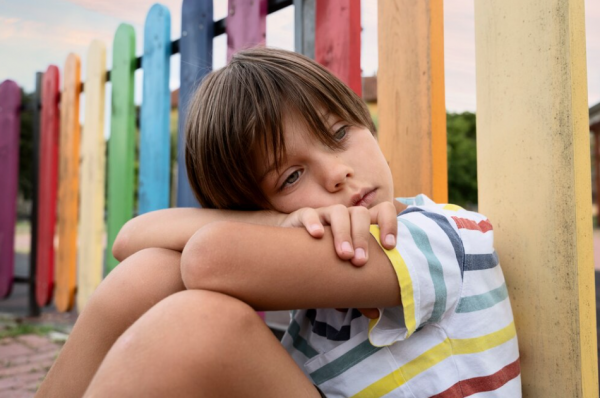
Sings of Verbal Abuse
These are some signs that a child may be experiencing verbal abuse:
- Behavior Changes: Look for big changes in how the child acts, like being more quiet, anxious, or upset, or suddenly acting differently than before.
- Feeling Bad About Themselves: The child might start saying bad things about themselves or thinking they’re not good enough. They might also have trouble accepting compliments.
- Being Scared or Nervous: Verbal abuse can make kids feel really scared or worried all the time.
- Going Backwards in Development: Sometimes, kids who are hurt with words start acting like younger kids again. They might start doing things they used to do when they were younger, like wetting the bed or sucking their thumb.
- Problems at School: Verbal abuse can make it hard for kids to focus or do well in school. They might have trouble paying attention, finishing their work, or getting along with other kids and teachers.
- Feeling Physically Sick: Verbal abuse can sometimes make kids feel sick in their bodies too. They might complain about headaches or tummy aches, have trouble sleeping, or not want to eat.
- Getting Angry or Hitting Others: Some kids who are hurt by words might act out by being mean or hitting others.
- Not Wanting to Be Around Others: Verbal abuse can make kids want to be alone more. They might have trouble making friends or feel scared or worried about being around other people.
- Hurting Themselves: In really serious cases, kids might try to hurt themselves because they’re feeling so bad. This could mean cutting themselves or doing other things to make themselves feel pain.
It is important to know that these signs can look different for each child, and sometimes they might not show any signs at all.
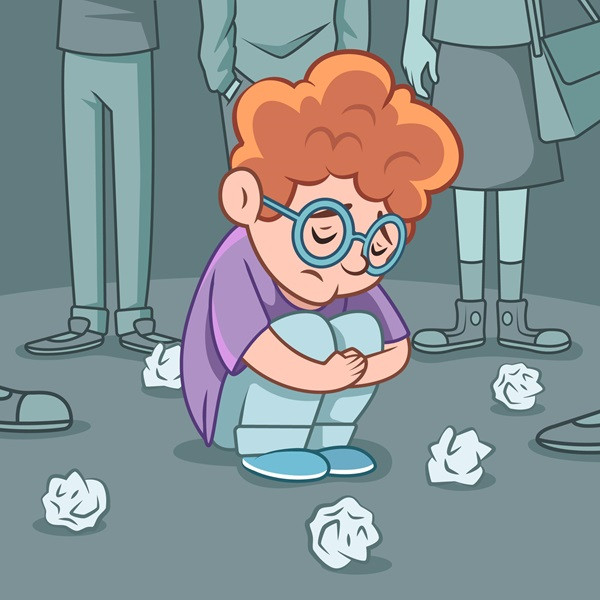
Breaking the Cycle
The good news is, we can do something about it. It starts with recognizing the signs of verbal abuse and speaking up when we see it happening. Teaching kids about healthy communication and respect can also make a big difference.
Acknowledging the harm caused by verbal abuse is the first step toward healing. Parents must confront their actions, take responsibility, and seek to repair the damage done. This might involve sincere apologies, open communication, and a commitment to positive change.
Also seeking support is very important. Families who are struggling can get help through counseling or parenting classes, which can give them the tools they need to build a home filled with love and kindness.
Verbal abuse might not leave physical scars, but the pain it causes is very real. By raising awareness, offering support, and standing up for kids who need it, we can make sure every child grows up in a home where they’re loved and respected. So let’s raise our voices against verbal abuse and create a world where words are used to lift each other up, not tear each other down.
You may also like: 10 Red Flags in Relationships You Must Be Aware Of
